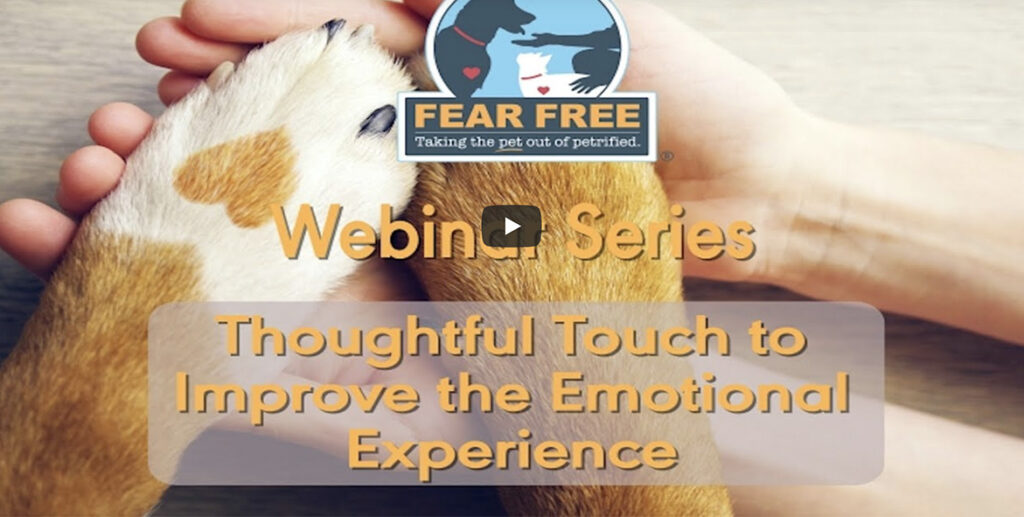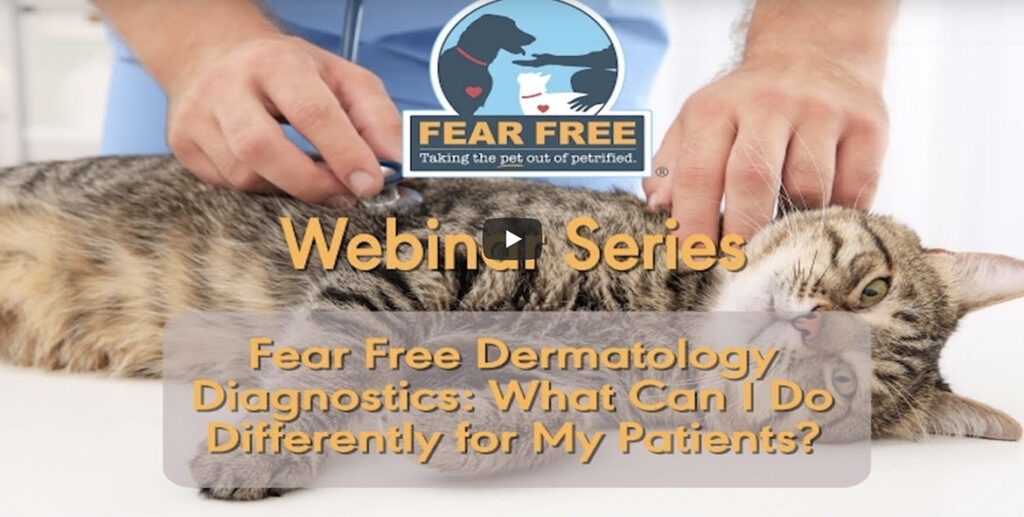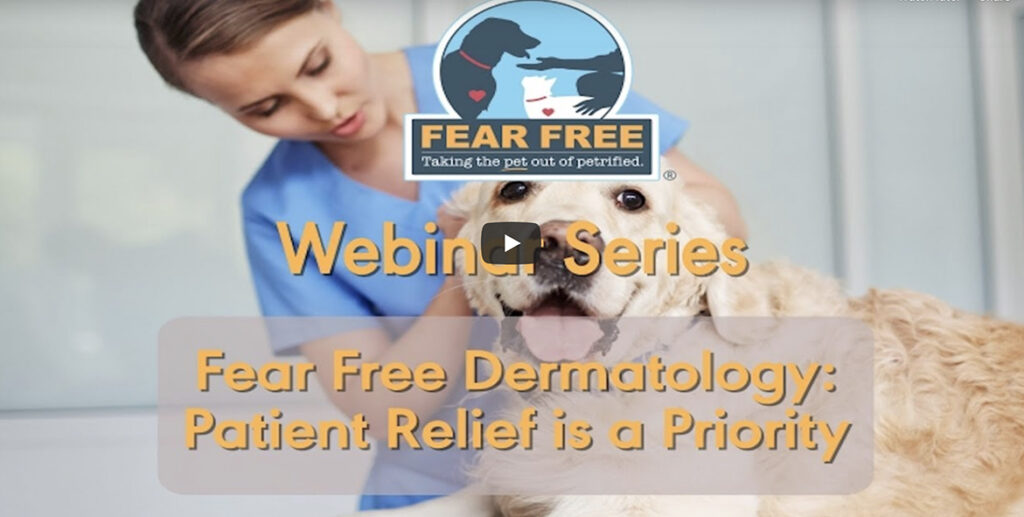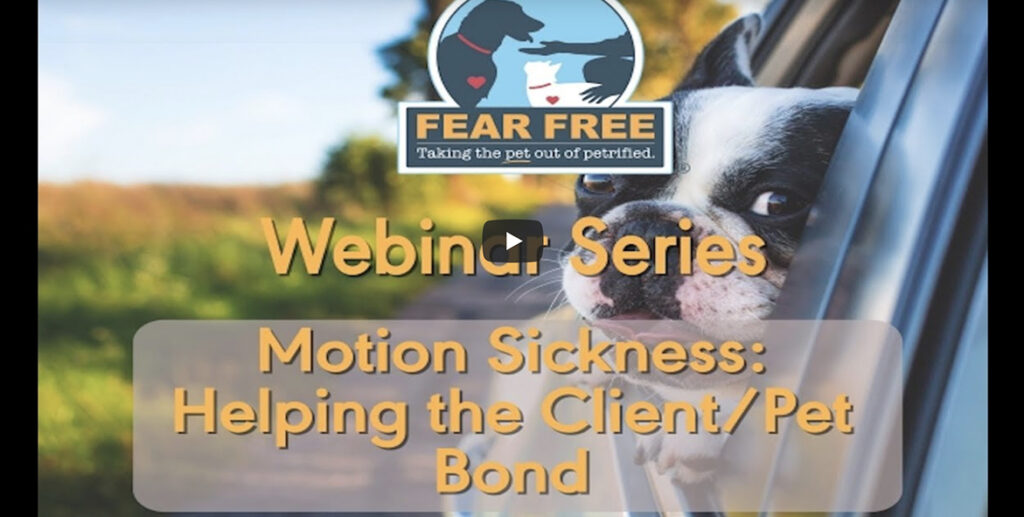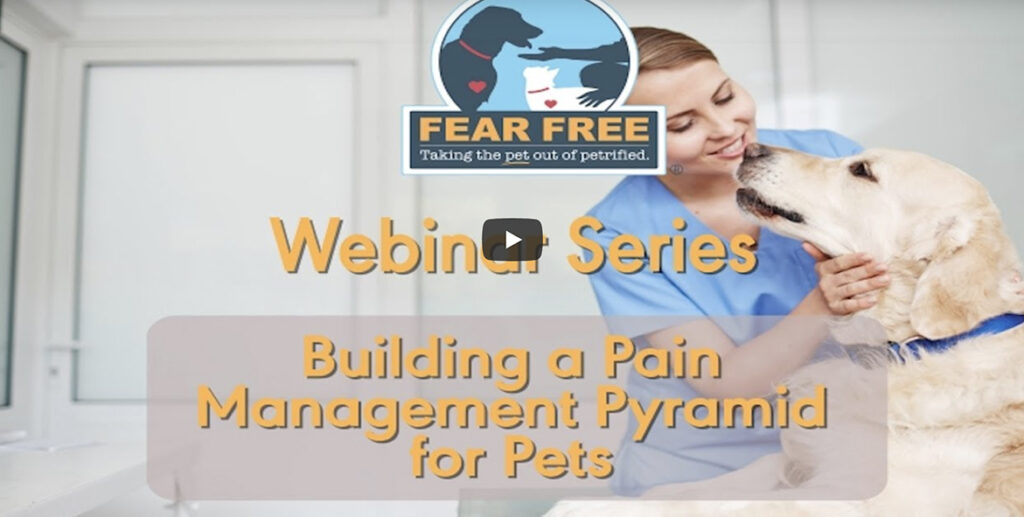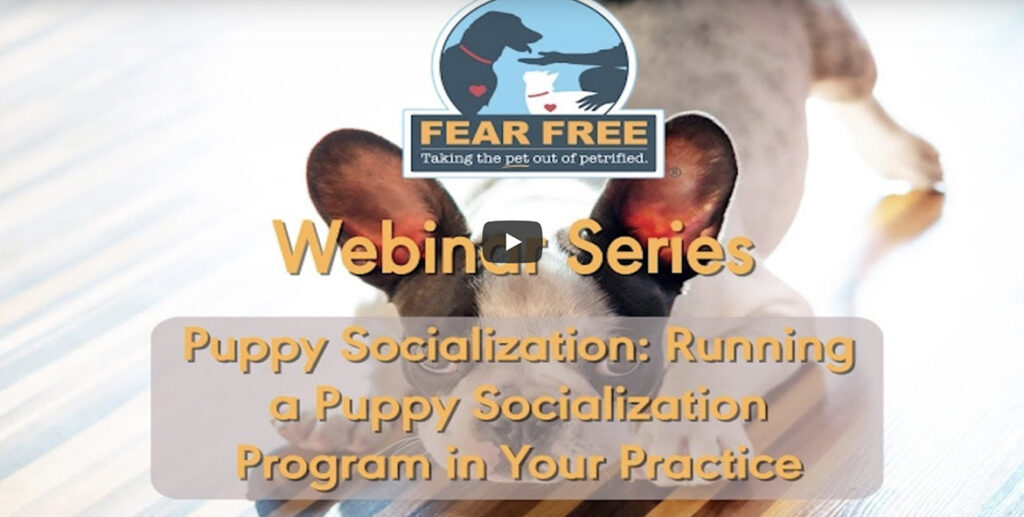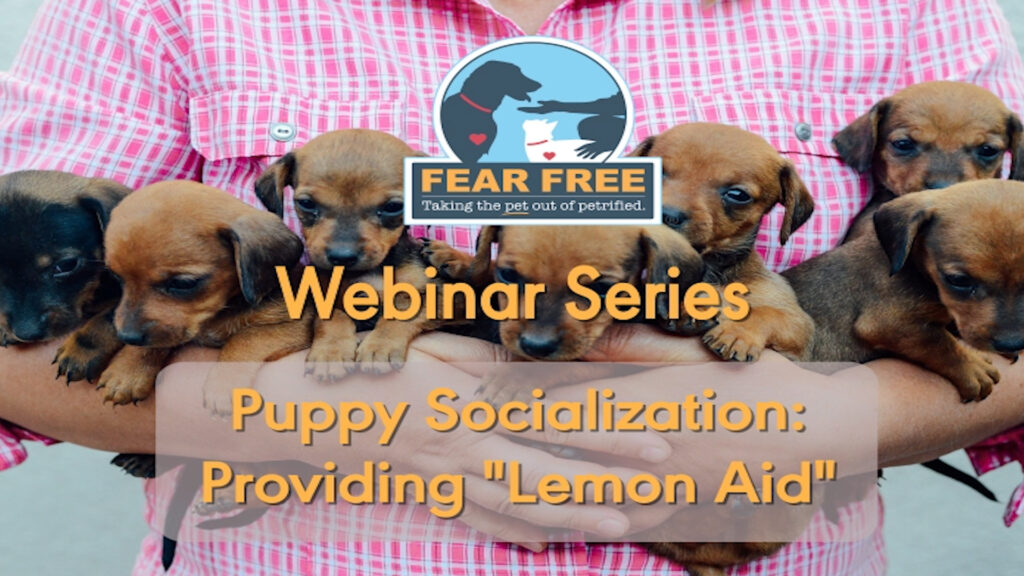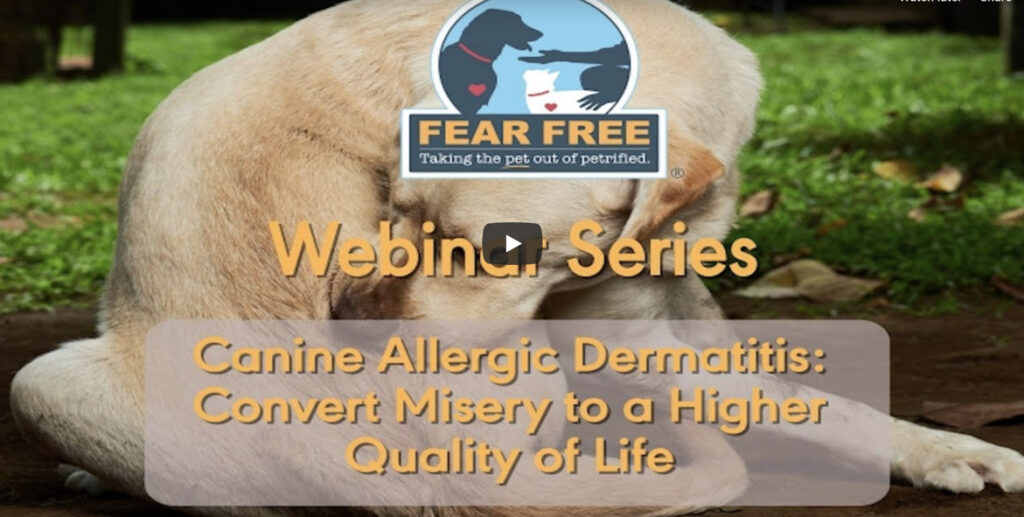
Canine Allergic Dermatitis: Convert Misery to a Higher Quality of Life
What better way to decrease stress and anxiety than by increasing quality of life? In this webinar, Dana Liska, DVM, DACVD, discusses canine allergic dermatitis and the stress chronic disease causes for dogs, their owners, and the veterinarians caring for them. She also shares tips for decreasing caregiver burden and improve quality of life for everyone involved in the veterinarian-client-patient relationship.
Sponsored by Zoetis.


